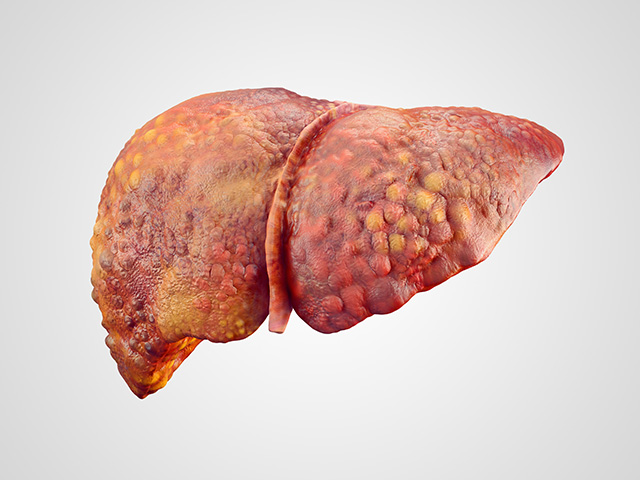Painkiller danger: Studies conclude paracetamol (acetaminophen) taken during pregnancy alters reproductive development of females, resulting in compromised fertility of daughters
02/06/2019 / By Rita Winters

Many health experts have recently begun finding more evidence on the risks of painkillers. This evidence includes the dangers of taking too many analgesics such as paracetamol and the potential damage it can cause to our liver, kidneys, and other body systems.
According to a study, which was published in the online journal Endocrine Connections, pregnant women are more likely to be affected, as paracetamol may alter the development of the reproductive system of their female newborns and lead to problems related to fertility when they become adults.
Researchers at the Danish Headache Center and the Institut National de la Sante et de la Recherche Medicale revealed that paracetamol use during pregnancy causes disruptions in the development of the reproductive system of female offspring. The team evaluated three articles that report on the effects of paracetamol. In the articles, paracetamol was found to cause detrimental effects at a later stage in life through animal studies. The mice who were administered paracetamol during their gestation period produced female offspring with a smaller number of eggs, resulting in a reduced chance of successful reproduction especially as they get older. However, the effects on male offspring were not yet investigated. (Related: Don’t take ibuprofen during pregnancy, especially if you’re having a boy: Research shows it suppresses testosterone and disrupts male development.)
Acetaminophen, commonly known as paracetamol, is a pain reliever and an antipyretic (fever reducer). It is used to treat many conditions, such as headaches, muscle aches, arthritis, backaches, toothaches, colds, and fevers. It is easily available over-the-counter in pharmacies, without the need for a prescription. Paracetamol may be declared safe, but proper recommendations from health professionals should still be followed to avoid overdosing and other negative side effects.
Medication may be the fastest way to resolve a pain, but there are other healthier and more natural ways to manage and eliminate pain. Willow bark is known to ease inflammation because it contains salicin which has properties similar to the main ingredient in aspirin. History states that people used to chew on the bark itself to relieve pain and fevers, but nowadays, you can simply brew it like tea. Turmeric does wonders for pain too, aside from its many other health benefits. Turmeric can be used to relieve pain as well as indigestion, ulcers, stomach upsets, psoriasis, and cancer. Cloves are spices for meat and rice dishes. Aside from being a food ingredient, it helps relieve pain, nausea, and treat colds.
While nature can provide us with all we need to get rid of discomforts in our lives, therapies may help with pain as well. Hot and cold compress alternated on an inflamed body part may reduce inflammation. Massage therapy not only soothes pain but also improves blood flow, especially towards the hard-to-reach ends of your body. Aromatherapy helps with mental wellness, which is also associated with physical pain relief. Furthermore, prevention of the different kinds of pains and illnesses is essential, because you won’t have to go through the troubles of treatment. Keeping a healthy lifestyle always results in illness and pain prevention, and it’s the best way to live.
Sources include:
Tagged Under: Acetaminophen, Big Pharma, infant health, NSAID, pain relief, pain relievers, paracetamol, pharmaceutical drugs, pregnancy, pregnancy safety, Prescription drugs, women's health



















